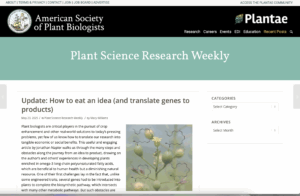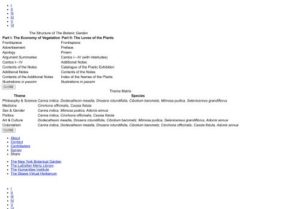about the site
I live in Britain, at the very southwest edge of England — Cornwall. I grew up in the US, however -- in the middle of a continent, the Great Lakes area. Over the past twenty-plus years, I gradually realize how very American I really am. I like it here. And I am different. And the differences show up pretty clearly as I pursue my new interest in gardening (about 6 years old) against the background of perennial interest in English.
Growing Metaphors
I’m not “good” at gardening, in the sense that I've always worked with plants, or that I find it easy. I don't. I started late (click here for a description of the beginning). Having spent most of my life thinking in abstractions — ideas, generalities, theories, I cherish plants for resisting such things vigorously, energetically, relentlessly. I love to step back from actual plants and think about relationships, contexts, implications. I’m constantly turning the garden into a metaphor, that is, as the weeds continue to grow. The most prominent metaphor is, I’m sure, the garden as an empire. The power of a person over plants is so clear and available that it’s almost impossible to avoid the role of emperor. The idea is so “naturalized” in writing about gardens that by now it’s difficult to even notice it. Only in the past twenty or thirty years have a few people raised serious challenges to this model – corresponding to a gentle shift in our sense of ourselves with respect to “our” planet. What was so long an empire might be a republic, a commune or a democracy instead. And the political metaphor isn't the only one! The garden seems to adapt itself to just about any kind of comparison that features small structures in relation to larger structures. Words make up sentences, for example. Or things that appear on a surface have roots that are not visible but are critical. Plants compete with one another. And soon the metaphors are in need of pruning.




